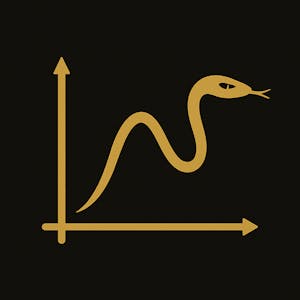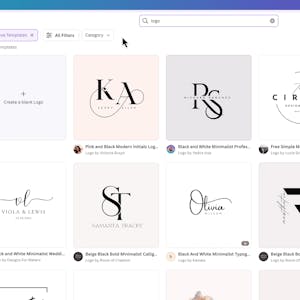Introduction to Python for Scientific Computing

$49
ENROLL NOWCourse Overview
Whether you’re a scientist, engineer, student, or industry professional working with data or quantitative tasks, this course is your gateway to solving real-world problems with Python. Designed for beginners, no prior programming experience is required. We start with the basics and build up to powerful tools and techniques used every day in research and industry. You’ll learn how to fit data to custom models, automate repetitive tasks, create clear and professional visualizations, work efficiently with arrays, solve optimization problems, integrate and differentiate mathematical functions, and more using essential libraries like NumPy and SciPy. By the end of the course, you’ll be ready to start tackling scientific computing challenges in your field and build a strong foundation for more advanced topics like data science, statistics, and computational modeling. Whether you’re just starting out or looking to sharpen your skills, this practical, hands-on course opens the door to a wide range of applications across science, engineering, and beyond.
Course FAQs
What are the prerequisites for 'Introduction to Python for Scientific Computing'?
Prerequisites for this continuing education class are set by University of Colorado Boulder. Most professional development online classes benefit from some prior knowledge. Please check the provider's page for specific requirements.
Will I receive a certificate for this CE class?
Yes, upon successful completion, University of Colorado Boulder typically offers a shareable certificate to showcase your new skills and fulfill your continuing education requirements.
How long does this online course take to complete?
Completion times for online continuing education courses vary. The provider's website will have the most accurate estimate of the time commitment needed.





